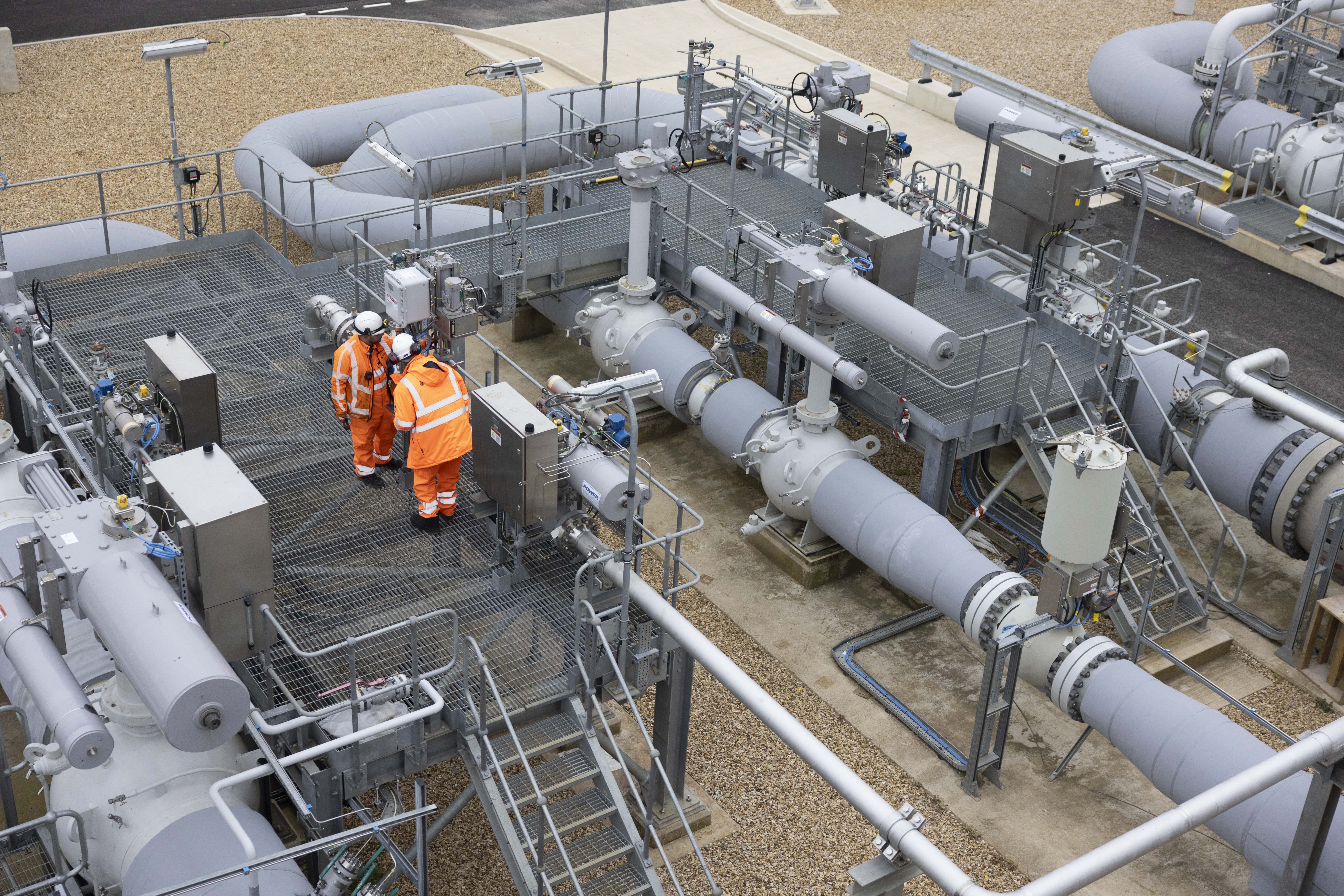REGULATORY INFORMATION
System Operator incentives
As the System Operator (SO) of the gas transmission network, National Gas is subject to regulatory incentives, which encourage us to maintain and improve our operational efficiency.
Why do we have SO incentives?
System Operator (SO) incentives imitate the commercial pressures that would normally apply to a company in a fully competitive market. These financial and reputational performance incentives are set for National Gas by our regulator, Ofgem.
SO performance incentives are renegotiated at set intervals. The Ofgem regulatory framework for gas is known as RIIO (Revenue = Incentives + Innovation + Outputs). The SO incentive framework was implemented by Ofgem from 2013/14 under the RIIO-1 price control period (2013 to 2021).
Our SO incentives today
The RIIO-2 price control period started in April 2021, and lasts for five years. Under this framework, we have agreed a set of outputs with our stakeholders. We deliver these outputs in return for an allowance that we have agreed with Ofgem. You can find a general overview of gas System Operator incentives in our Supporting Information document. Information relating to previous consultations and schemes can be found under ‘Data and documents’ below.
Future incentive development
Incentive schemes agreed for the RIIO-2 price control period (2021-2026) were set for a five-year period. They are subject to review as part of the ongoing RIIO-3 process being led by Ofgem, with new schemes commencing in April 2026.
Financial SO incentives

Residual balancing
National Gas, in its role as residual balancer, aims to achieve a balanced supply and demand on the network each day. We are incentivised to achieve a balanced network.
Find out more
Demand forecasting (day-ahead)
We produce demand forecasts for the following day to help the industry balance supply and demand. We are incentivised on the accuracy of these forecasts.
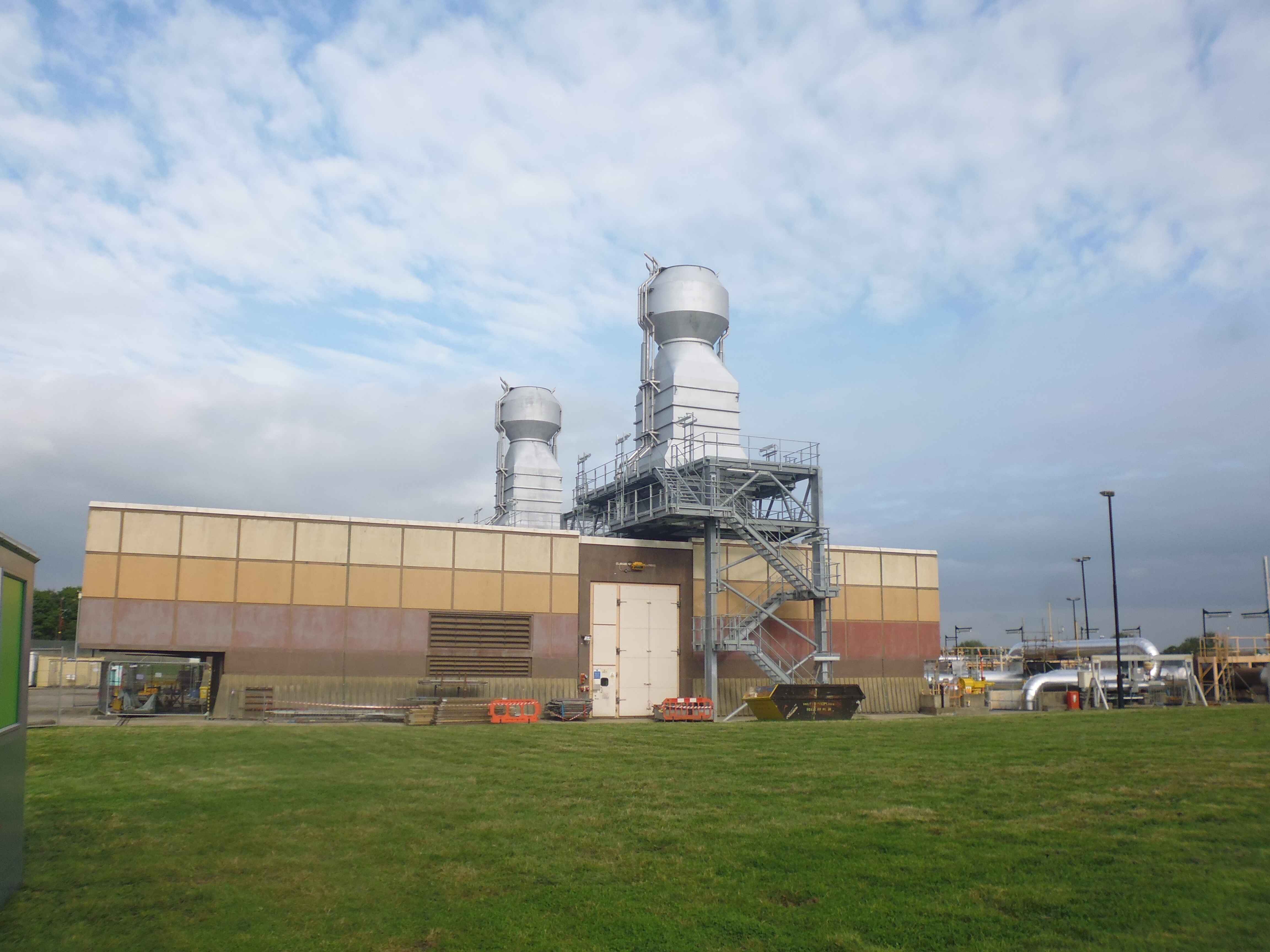
Greenhouse gas (GHG) emissions
We are incentivised to limit the quantity of greenhouse gas emitted from our compressors, which are the most significant source of venting on the gas network.
Find out more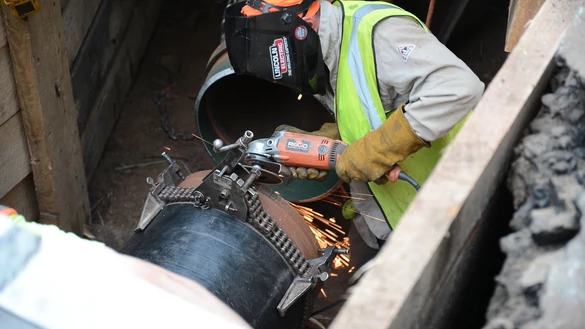
Maintenance
Maintenance is an essential part of our role in keeping the high-pressure gas National Transmission System (NTS) safe, fit for purpose and operating efficiently and economically.
Find out more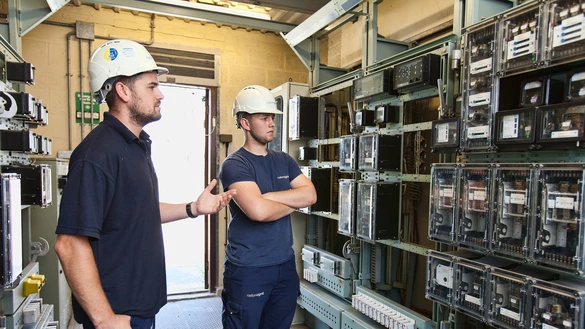
Constraint management
National Gas has processes in place to manage constraints on the gas NTS. We are incentivised to maximise the release of capacity and minimise the costs of constraints.
Find out moreReputational SO incentives

NTS shrinkage
National Gas is responsible for minimising energy costs associated with operating the network and managing the procurement and supply of energy for the NTS.
Find out more
Demand forecasting (two-to-five day ahead)
Our daily forecasts of demand for two to five days ahead help the industry make efficient decisions in balancing their portfolios.
Find out more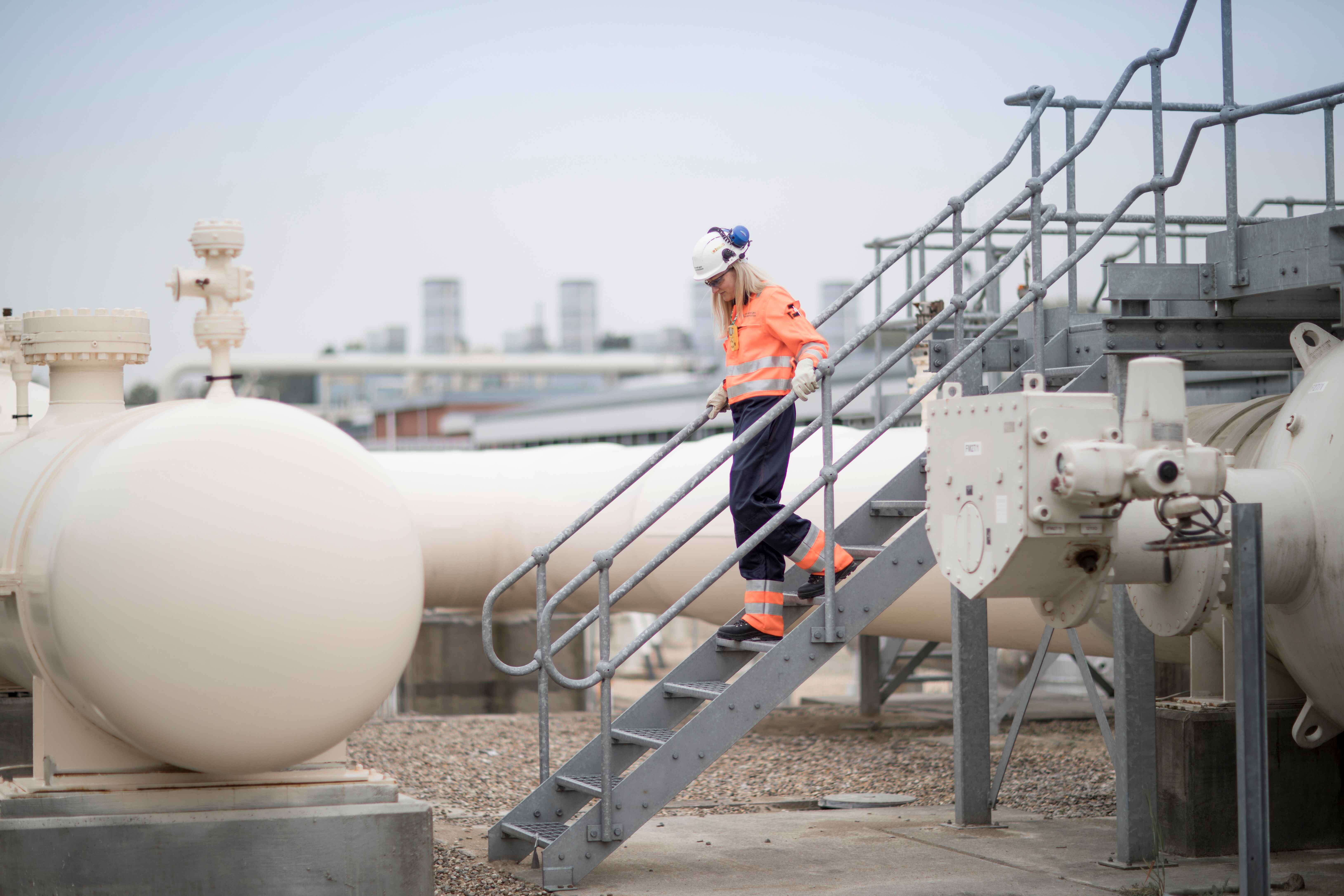
Operating Margins (OM)
Operations Margins are used to manage the short-term impacts of operational stresses if the market response is not sufficient, or during a gas system emergency.
Find out moreData and documents
RIIO-2 DIRECTORY
Open meetings:
Following the publication of the Draft Deteminations, Ofgem hosted a series of nine open meetings to discuss company (Gas Distribution, Transmission and Energy System Operator) responses to the Draft Determinations consultation, strategically discuss key areas of contention and raise areas for clarification ahead of Ofgem’s final determinations. The NGGT open meeting was held on 16 October 2020.
You can access the recordings and transcripts for all meetings.
Core response
Incentive development
Development
Most of the incentive schemes agreed for the RIIO-T2 price control period (2021-2026) were set for an five year period but some reputational incentives contain reopeners to see if National Grid should be rewarded if the activities substantially change over the price control period.
Review dates
| Scheme | Expiration date | Scope |
|---|---|---|
| Transportation Support Services | October 2018 | Scheme expires 10/18 |
| Demand forecasting D-1 incentive | 01 April 2021 | Scheme expires 31/03/21 |
| Demand forecasting D-2 to D-5 incentive | 01 April 2021 | Scheme expires 31/03/21 |
| Greenhouse gas incentive | 01 April 2021 | Scheme expires 31/03/21 |
| Maintenance | 01 April 2021 | Scheme expires 31/03/21 |
| NTS shrinkage | 01 April 2021 | Scheme expires 31/03/21 |
| Residual balancing | 01 April 2021 | Scheme expires 31/03/21 |
| Operating margins | 01 April 2021 | Scheme expires 31/03/21 |
| Unaccounted for gas | 01 April 2021 | Scheme expires 31/03/21 |
| Information provision | 01 April 2021 | Scheme expires 31/03/21 |
Shallow Incentives Review (2017)
- Shallow Incentives Review: Review of the maintenance, demand forecasting for two-to-five days ahead, and greenhouse gas emissions schemes. (June 2017)
- Shallow Incentives Proposal: (August 2017)
- Shallow Incentives Conclusions Report: (October 2017)
Operating Margins Incentive Proposal (2017)
Download the following documents to find out more.
- Operating Margins Incentive Proposal Consultation on the potential re-introduction of a financial incentive for Operating Margin's costs designed to help ensure that the costs customers pay for Operating Margins are kept to a minimum. (August 2017)
- Operating Margins Incentive Consultation Outcome (November 2017)
Shallow Incentives Review (2014)
Download the following documents to find out more.

